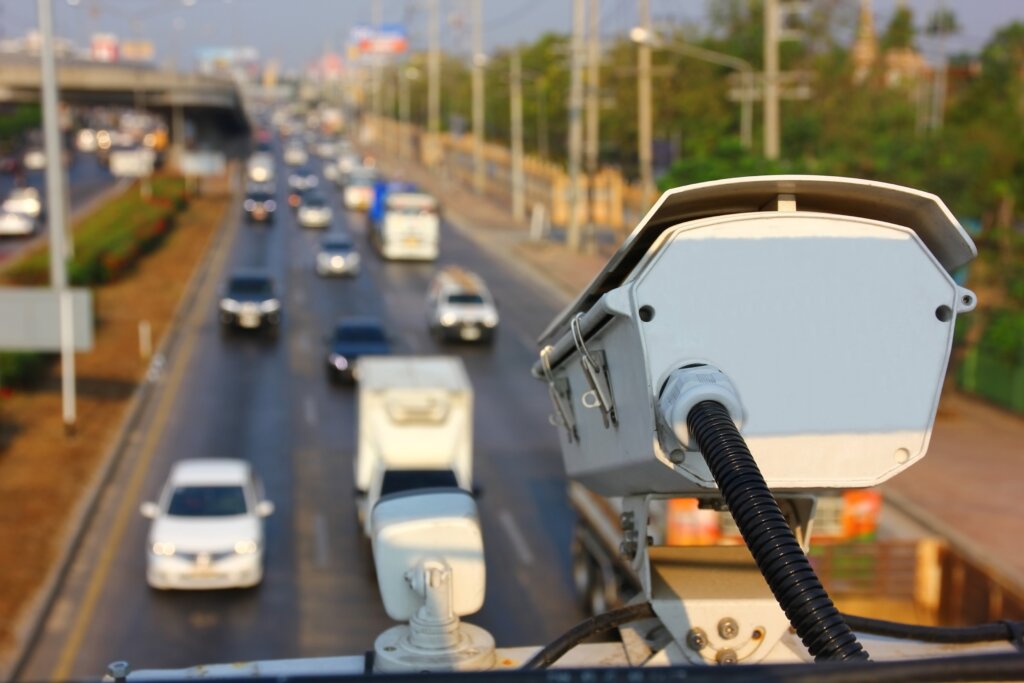
- Introduction:
As innovation continues to advance, its influence extends into various aspects of our lives, including unexpected areas like car accident cases. One technological marvel that has become increasingly prevalent is the dashcam. These small cameras, mounted on the dashboard of vehicles, have changed the landscape of accident investigations, insurance claims, and legal actions. In this article, we explore the effect of technology, specifically dashcams, on car accident cases.
- The Rise of Dashcams: A Growing Trend:
Recently, the use of dashcams has surged in popularity among drivers worldwide. Dashcams, short for dashboard cameras, are compact devices that record video footage of the road ahead. They have become a crucial tool for capturing real-time evidence in the event of a car accident, offering a firsthand record of the incident.
- Objective Documentation of Events:
One of the main contributions of dashcams to auto crash cases is their ability to provide objective documentation of events. Unlike eyewitness accounts, which may be subjective and prone to bias, dashcam footage offers an impartial record of what happened, leading up to and during an accident. This evidence-based documentation can be crucial in determining liabilities and outlining the sequence of events.
- Enhanced Insurance Claims Process:
Dashcams have streamlined the insurance claims process by providing insurers with a reliable source of information. When drivers submit a claim, the recording from their dashcams can serve as indisputable evidence, assisting insurers in assessing liability more accurately. This efficiency not only expedites the claims process but also reduces the likelihood of disputes and false claims.
- Resolution of Disputes and Legal Proceedings:
Determining fault is often a contentious issue in legal proceedings following a car accident case, and finding a resolution is crucial. Dashcam footage can be instrumental in resolving disputes, providing clear evidence that can influence the outcome in favor of the party with supporting documentation. Many legal professionals now consider dashcam footage a valuable resource in supporting their clients’ cases.
- Preventing Insurance Fraud:
Insurance fraud is a persistent issue that costs the industry billions of dollars annually. Dashcams act as a deterrent to fraudulent claims by offering an unfiltered record of events. The prospect of having the incident recorded on camera may dissuade individuals from attempting to stage accidents or exaggerate injuries, contributing to a more honest and transparent insurance environment.
- Driver Responsibility and Safe Driving Habits:
The knowledge that one’s driving behavior is being recorded can positively impact driver responsibility and overall road safety. The presence of dashcams encourages drivers to adhere to traffic rules, drive responsibly, and exercise caution, knowing that their actions are being documented. This, in turn, contributes to a safer driving environment for everyone on the road.
- Insurance Concerns and Ethical Considerations:
While dashcams offer numerous benefits, they also raise insurance concerns and ethical considerations. The continuous recording of public spaces may inadvertently capture sensitive information or compromise the privacy of individuals unrelated to the accident. Striking a balance between the advantages of dashcams and respecting privacy rights remains a challenge for lawmakers and policymakers.
- The Future of Evidence in Car Accident Cases:
As technology continues to evolve, the role of evidence in car accident cases will likely undergo further transformation. Advanced features like artificial intelligence (AI) integration, automatic incident detection, and cloud-based storage are poised to enhance the capabilities of dashcams, providing even more comprehensive and accurate evidence.
- Conclusion:
The integration of dashcams into the realm of car accident cases has undoubtedly revolutionized how incidents are investigated, insurance claims are processed, and legal procedures unfold. With their ability to provide objective documentation, streamline insurance processes, deter fraud, and promote safe driving habits, dashcams have become a valuable tool for drivers navigating the complex aftermath of an auto collision. As technology continues to advance, the impact of dashcams on the landscape of car accident cases is expected to grow, ushering in a new era of transparency, accountability, and efficiency in the handling of road-related incidents.
Back to blog